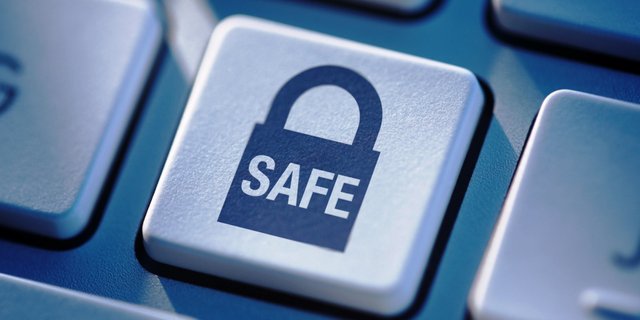
2017 was a great year for hackers; from Crash Override & Triton hacks to the hacking and submission of WikiLeak’s CIA Vault 7 & Vault 8 and Shadow Brokers introducing government level cybersecurity tools.
Even though the above data breaches are high-value targets, a majority of the hacks take place because of our own carelessness or forced use of rules and policies set by big companies who use our information to make money.
But there are basic ways of protecting your digital privacy from organizations and hackers, let us get right to it.
Blind Them
If you wonder why you see so many advertisements whenever you visit your favourite website, it is because you are being tracked. Truth be told, it is possible to be completely invisible, but for the less tech savvy, here is what can be done.
For starters, web browsers today have a lot of extensions, especially Firefox and Google Chrome. Extensions like Privacy Badger or uBlock Origin allow you to block websites from tracking you.
Secondly, pay for a good VPN service that can offer unlogged privacy. In simple words, a VPN is a web of interconnected machines through which you exchange your information and this confuses the websites by establishing the true start point of the information. Try Private Internet Access.
Search engines also save your search requests that can put you up on the radar as well. Shift to a search engine that respects your privacy, a majority of the cybersecurity professionals reckon using DuckDuckGo or Qwant.
Use the 2 Factor Authentication System
Passwords can sometimes be easy to guess, and two-factor authentication or 2FA makes it difficult. It is a system devised by experts for confirming the real you using two different means of confirmation.
Thus, websites that offer this service are not only going to ask you for email and password, but the will also ask for additional information i.e. your phone number to send a code that you can later enter to access that website.
Install the Security Updates
Most of us are just lazy to click that pop-up in the corner of our screen to allow the updates. Most of us don’t do it because we do not want the limited bandwidth of our Internet to be affected, but keeping your system up to date is really important. To give you a tiny bit of perspective, more than 50% of the updates that you get on your systems are the ones that enhance the security of your operating system, meaning it makes it hard for the hackers to crack in.
Be Wise & Vigilant
Let’s talk about phishing emails. Try to read the link carefully; if you think it looks shady, do not click it.
For instance, if you get an email from a weird looking email with even a minor grammar or spelling error in it, do not click as they are tricks used by hackers to lure you into the trap. Always call the organization using its official number and confirm with them, if they sent you that email.
Moreover, whenever you visit a website that requires you to enter your personal or banking information, make sure you look for a green marker and the HTTPS protocol on the left side of the address bar of your browser. If it is not there, then don’t risk yourself by providing your personal information.
Lastly, if you are using public WiFi, make sure you use a VPN so it can encrypt your communication and mask it for the intruder scanning the WiFi.
That is why it would be great if in the future more and more website would run on blockchain, this way creating a common privacy in the cyberspace after a longer period of time.
What do you think what can be a reasonable solution until we do not reach that point, other than the things that you have specified?
Downvoting a post can decrease pending rewards and make it less visible. Common reasons:
Submit
nobody ever mentions encrypted DNS in these types of posts
Downvoting a post can decrease pending rewards and make it less visible. Common reasons:
Submit
here, many hackers hacked ATM accounts
Downvoting a post can decrease pending rewards and make it less visible. Common reasons:
Submit